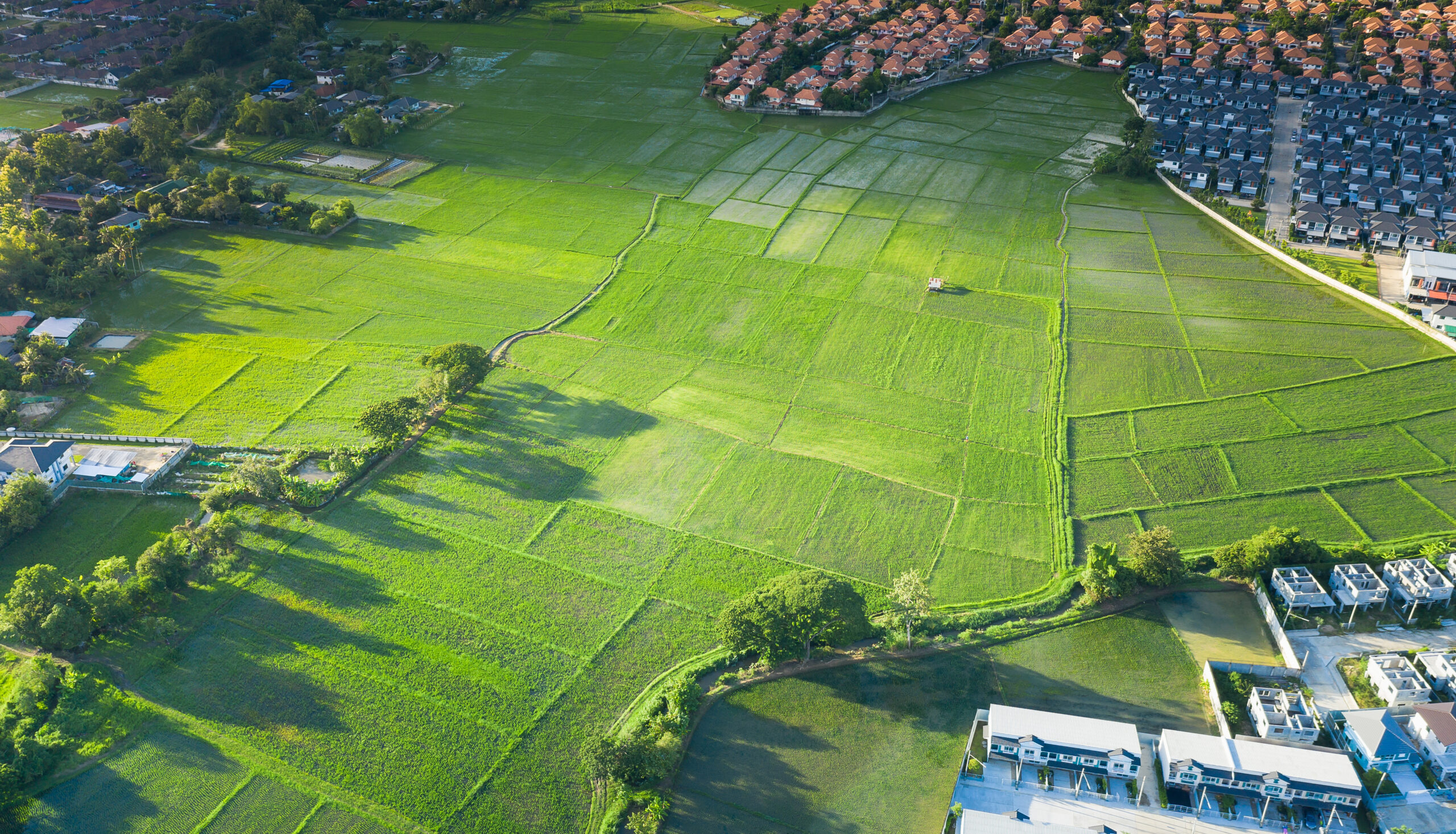Overage deeds
A landowner can share in any increase in the value that is realised after the property has been sold. For example, if a landowner is selling land that could be developed in the future, the landowner could request that an overage deed is entered into whereby the landowner will share in the uplift of the land if the buyer subsequently obtains planning permission. An overage deed requires the buyer to make a further payment to the seller, representing a share on the increased value of the property after the occurrence of an agreed trigger event.
Examples of this trigger event could be:
- The granting of planning permission for development or change of use;
- Sale of the property at a higher price within a fixed time period;
- Sale of the property with the benefit of planning permission.
An overage is most commonly used where there is a reasonable expectation that land may be redeveloped or that valuable planning permission may be granted in the future.
Benefit for landowner: The landowner can sell at the current market value of the property without having to forgo a share in the development potential of the property when that is actually realised.
Benefit for developer: The developer is purchasing land which has strong potential for development and future profit.
Promotion agreements
A landowner can enter into a promotion agreement with a promoter, whereby the promoter will apply for planning permission and market the property for sale once planning permission has been granted. When the land is subsequently sold, the landowner and promoter both get an agreed percentage of the transaction value.
Benefit for landowner: If planning permission is not obtained by a certain date, the agreement automatically terminates and the landowner does not have to reimburse the promoter’s costs.
Benefit for developer: If planning permission is obtained, not only does the developer have all their costs reimbursed, but they will also receive a share of the net sale receipts.
Overage deeds
A landowner can share in any increase in the value that is realised after the property has been sold. For example, if a landowner is selling land that could be developed in the future, the landowner could request that an overage deed is entered into whereby the landowner will share in the uplift of the land if the buyer subsequently obtains planning permission. An overage deed requires the buyer to make a further payment to the seller, representing a share on the increased value of the property after the occurrence of an agreed trigger event.
Examples of this trigger event could be:
- The granting of planning permission for development or change of use;
- Sale of the property at a higher price within a fixed time period;
- Sale of the property with the benefit of planning permission.
An overage is most commonly used where there is a reasonable expectation that land may be redeveloped or that valuable planning permission may be granted in the future.
Benefit for landowner: The landowner can sell at the current market value of the property without having to forgo a share in the development potential of the property when that is actually realised.
Benefit for developer: The developer is purchasing land which has strong potential for development and future profit.
Promotion agreements
A landowner can enter into a promotion agreement with a promoter, whereby the promoter will apply for planning permission and market the property for sale once planning permission has been granted. When the land is subsequently sold, the landowner and promoter both get an agreed percentage of the transaction value.
Benefit for landowner: If planning permission is not obtained by a certain date, the agreement automatically terminates and the landowner does not have to reimburse the promoter’s costs.
Benefit for developer: If planning permission is obtained, not only does the developer have all their costs reimbursed, but they will also receive a share of the net sale receipts.




